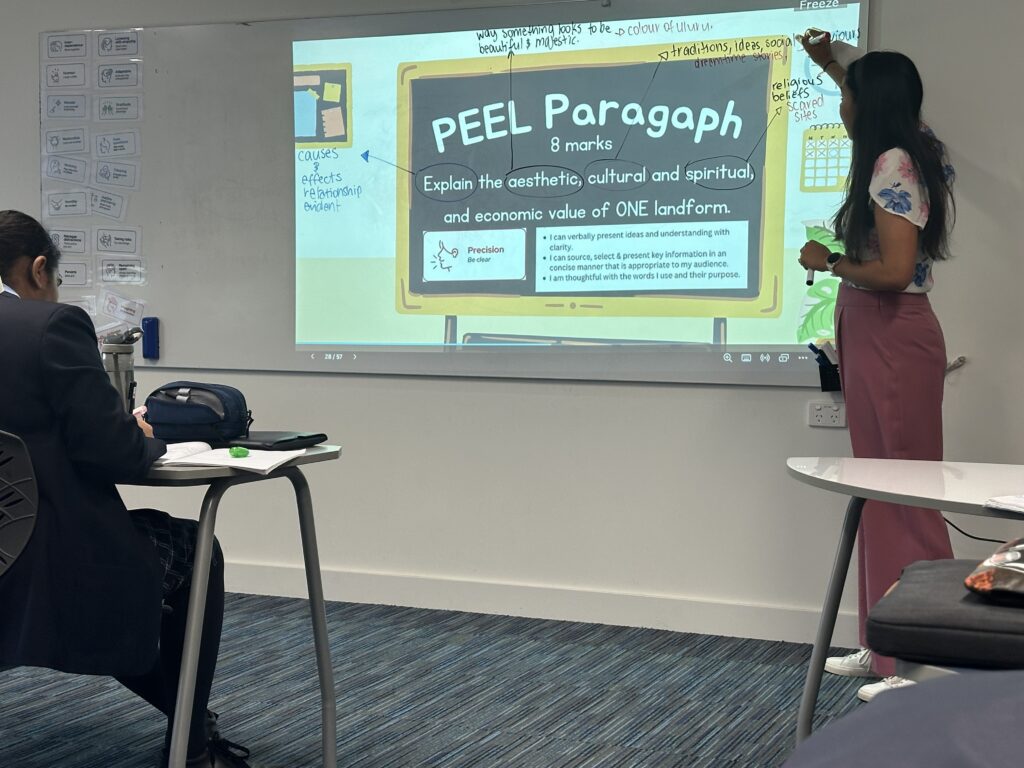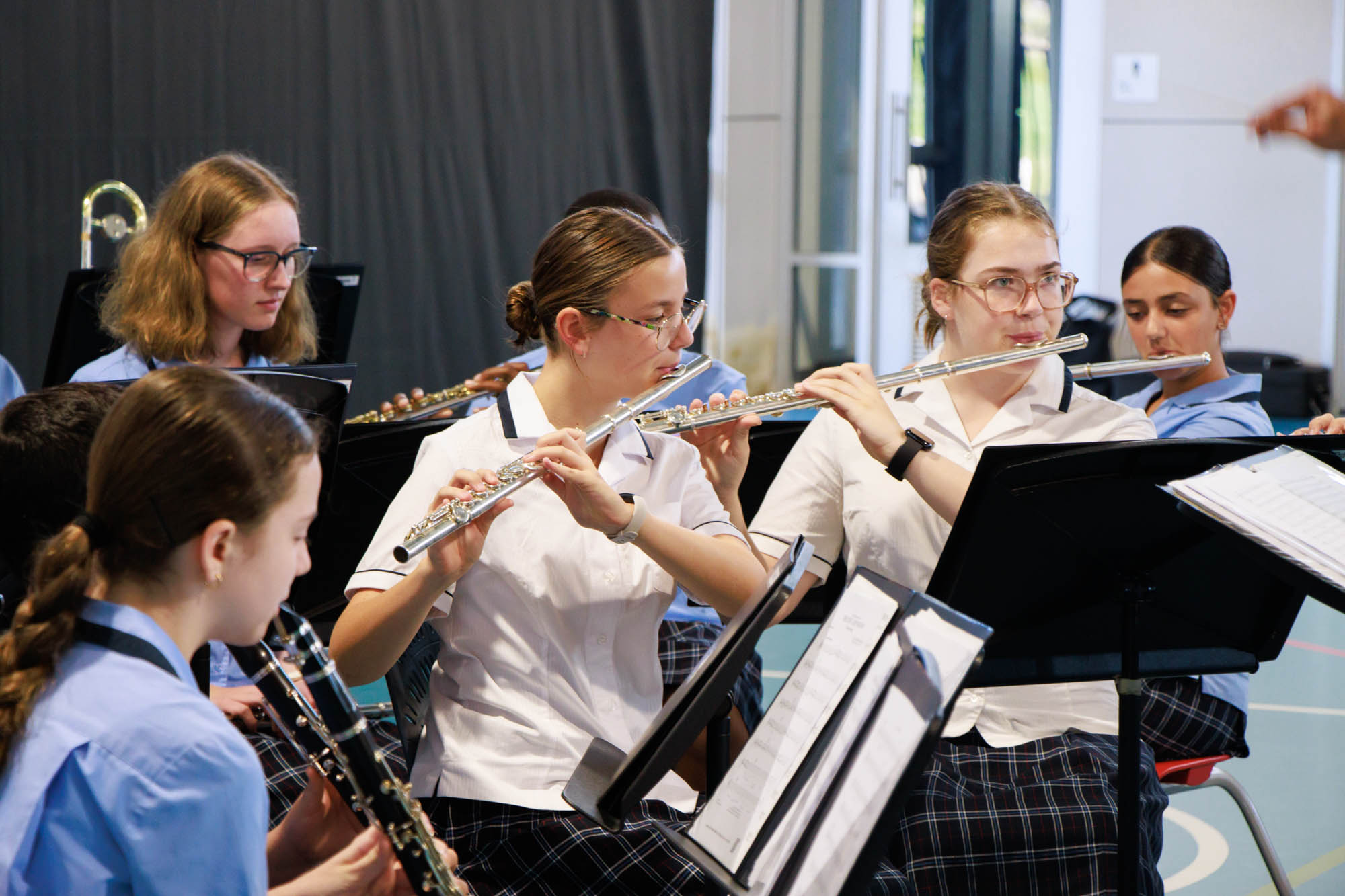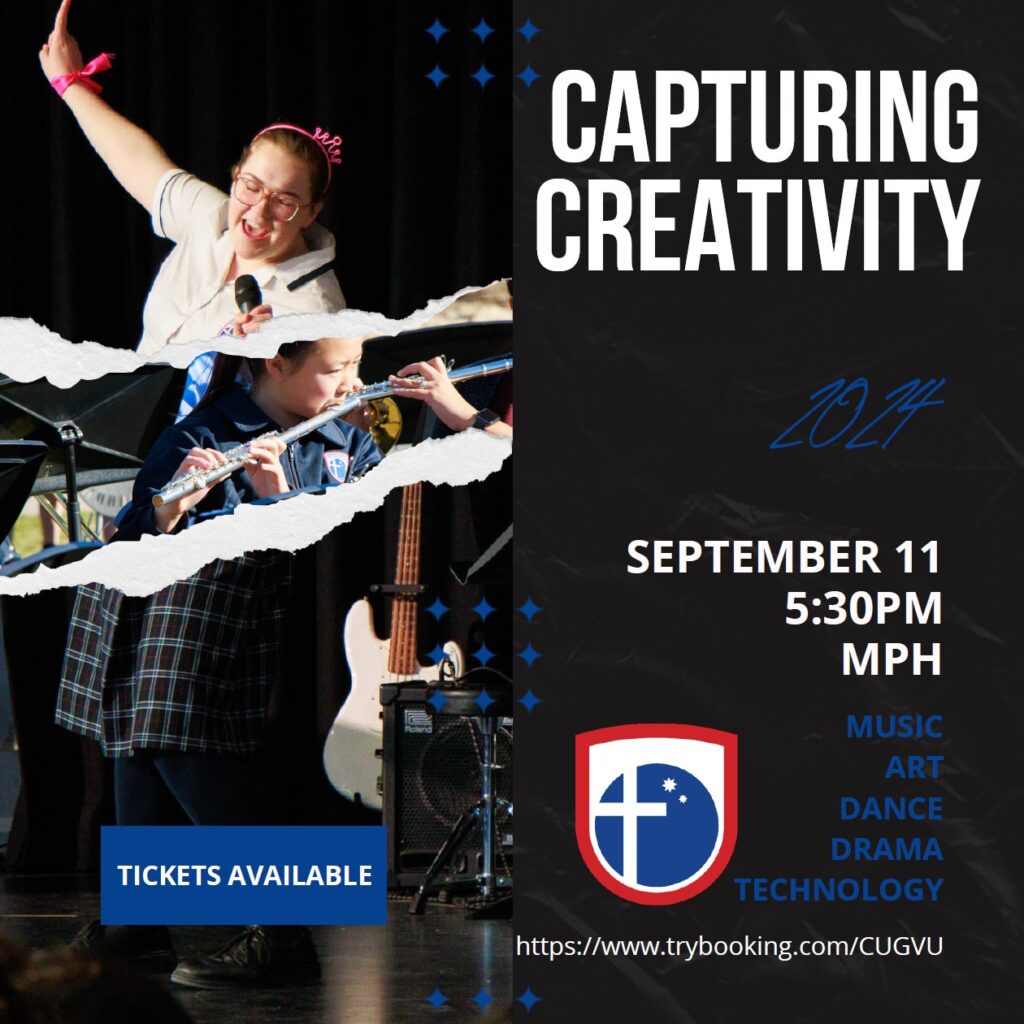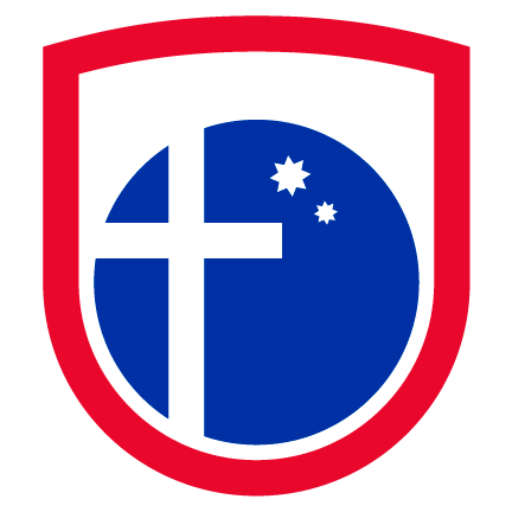HSC Major Works: A Showcase of Talent and Dedication
Each year, the Higher School Certificate (HSC) provides students with the opportunity to engage deeply in subjects that spark their passion. One of the highlights of this journey is the creation of HSC Major Works. These projects offer a chance for students to channel their creativity, critical thinking, and research skills into a tangible product that demonstrates their abilities.
What Are HSC Major Works?
HSC Major Works are substantial projects that allow students to apply their learning in a creative and independent way. These works are required in a variety of subjects, including Visual Arts, Design and Technology, History Extension and Music among others. Whether it’s composing a piece of music, crafting an artwork, writing a sophisticated short story, or designing an innovative product, students have the freedom to explore topics and mediums that resonate with their interests and talents.
The Process: From Concept to Completion
Creating a Major Work is a rigorous process that begins well before the final submission. Students start by selecting a topic or concept that inspires them. They spend months planning, researching, experimenting, and refining their ideas, working closely with their teachers for guidance.
This process not only involves producing a final product but also requires documentation of the development stages. Students keep process diaries, reflecting on their creative choices, challenges faced, and how they overcame obstacles. The final submission often includes both the finished work and a written component that outlines the journey from concept to creation.

Why are Major Works Important?
HSC Major Works represent more than just an academic requirement. They are a testament to a student’s ability to manage a long-term project, think critically, and innovate. Completing a Major Work teaches valuable skills such as time management, problem-solving, and perseverance. Students gain experience in setting goals, working independently, and meeting deadlines, all of which are essential skills for life beyond school.
Why Are Major Works Important?
Furthermore, Major Works provide an avenue for self-expression. They allow students to explore themes that are personally significant to them and to communicate their ideas through a chosen medium. Whether it’s an artwork that tells a story, a film that explores complex themes, or a technological innovation, Major Works give students the space to create something unique and meaningful.
Recognition and Celebration
We look forward to seeing the results of their passion, innovation, and hard work at our upcoming Capturing Creativity evening scheduled for Wednesday 11th September from 6:00pm-8:00pm. These projects not only contribute to their HSC results but also leave a lasting impact on their personal and academic growth.
Please join us as we celebrate the incredible works our students have produced.
Teaching Sprints
Over the last few terms, our senior school staff have been deeply committed to professional development through engaging with Dr Simon Breakspear’s teaching sprints. These focussed, short-term efforts to improve teaching practices have been viewed through the lens of our Powerful Learners Framework, an evidence based approach that prioritises building students’ learning capacity. By combining teaching sprints with our framework, our staff have created a strong foundation for enhancing student learning and academic success.

This term, the focus of our teaching sprints has been on making literacy skills explicit across all curriculum areas. By integrating literacy instruction into every subject, our teachers are ensuring that students develop the ability to assist students to write clearly, structure thoughts effectively, and engage deeply with texts—skills that are essential for success both in school and beyond.
The approach our staff have taken involves implementing structured writing strategies and targeted vocabulary instruction. These techniques, woven into subjects from mathematics to history, are making literacy visible in every classroom. By emphasising the importance of writing and the power of words, our staff are teaching students how to articulate complex ideas, analyse information critically, and express their thoughts with clarity and precision.
These efforts extend beyond the basics of writing and vocabulary. The teaching sprints have focussed on helping students understand how to think through problems, communicate their reasoning, and engage in meaningful discussions. In doing so, our staff is equipping students with cognitive strategies that not only improve their literacy skills but also enhance their overall learning and retention.

The Impact of Teaching Sprints
Teaching sprints are a focussed, iterative approach that allows educators to experiment with new methods, reflect on their effectiveness, and refine their practices. Our staff have embraced this process wholeheartedly, using each sprint as an opportunity to grow as educators and improve the learning experiences of their students. Teaching sprints are not quick fixes—they are about fostering deep, sustained improvement in teaching and learning.
The commitment of our staff to this process has been nothing short of remarkable. By aligning their teaching sprints with our Powerful Learners Framework, they have created a dynamic, research-informed approach to education that is already yielding positive results. The combination of these two approaches—each powerful in its own right—has created a synergy that supports and enhances student progress.
As we look ahead to the coming terms, we are excited to see the continued impact of teaching sprints on our students’ academic success. Our senior school staff have set a high standard for professional growth, collaboration, and dedication to student outcomes. I commend them for their hard work, their innovative approaches, and their unwavering commitment to providing the best possible education for our students.
By making literacy a central focus across all curriculum areas, our staff are ensuring that every student has the tools they need to succeed, not just in their current studies, but in all future academic and professional pursuits. We are proud of the work they have done, and we look forward to seeing the continued growth and development of both our students and our staff as we move forward together.
Gateway 8
Gateway8 is an inter-school academic challenge hosted by Macarthur Anglican School. The competition is targeted at high potential learners in Yr 5-10 and runs across 2 days. Tasks are designed to stimulate the eight multiple intelligences outlined by Howard Gardner (Linguistic intelligence, Logical-mathematical intelligence, Spatial intelligence, Bodily-Kinesthetic intelligence, Musical intelligence, Interpersonal intelligence, Intrapersonal intelligence and Naturalist intelligence).
Each team competes against other schools in a cumulative points table. Teams that demonstrate outstanding critical and creative thinking skills in tasks share their thinking process collectively at the end of each day through student voice and demonstrations.
We extend our congratulations to our Year 7 team who placed 2nd in Creative Art and Design and Year 10 team who placed 1st in English, 3rd in Science and 5th overall.
God bless,
Mrs Maria Mertzanakis
Deputy Head of Senior School – Teaching and Learning




